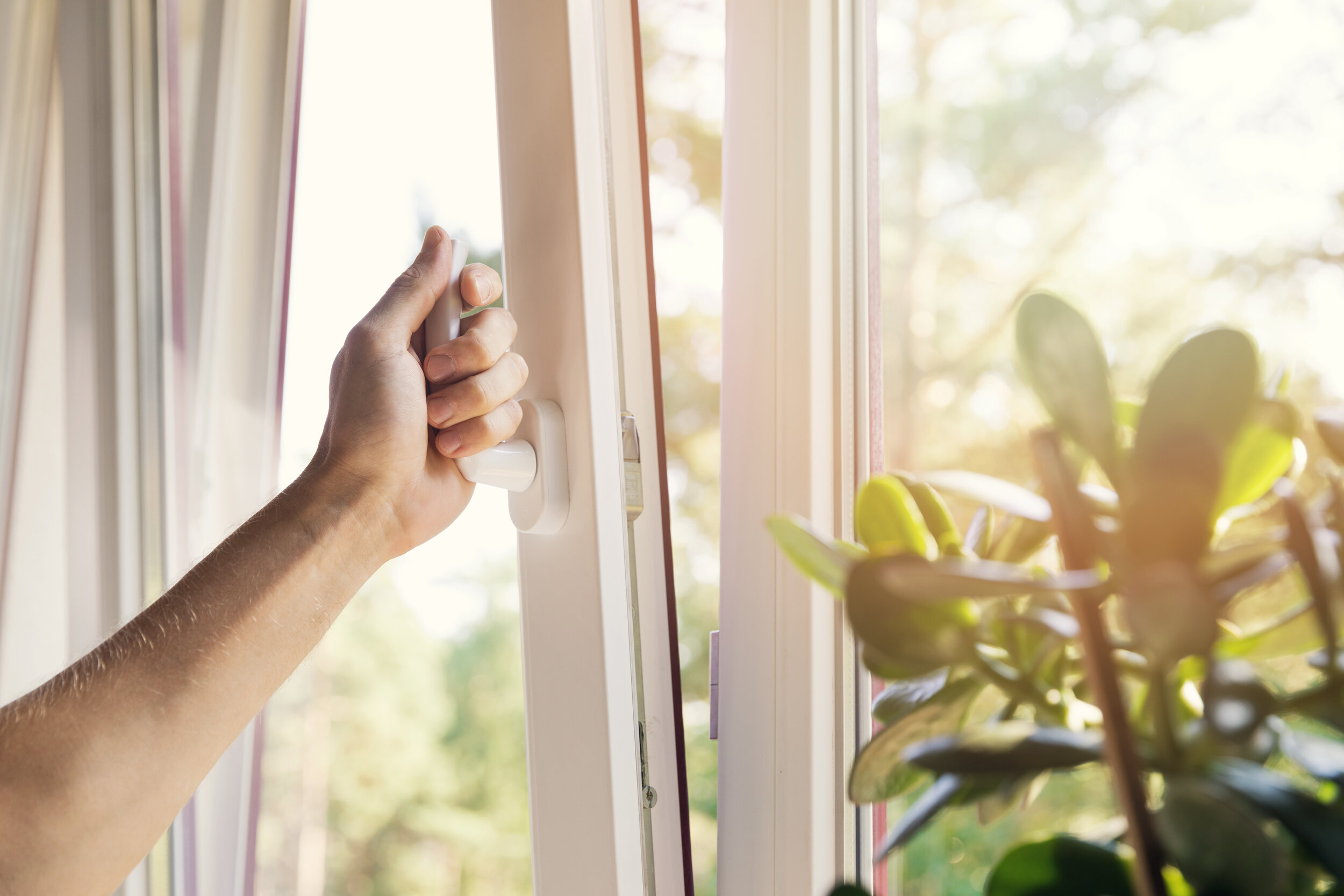Do Not Display
Indoor Air Quality - Tulsa, Ok
Indoor air can expose you to more pollutants than outdoor air. Failing to address issues with indoor air quality can lead to health problems like allergies and asthma. A good starting point for improving your home's air quality is identifying the levels of contaminants. Here are ways to test your home's air quality.
Evaluate Your Health Symptoms
Assessing any signs and symptoms you may have and your home's age and location may help narrow down the potential indoor pollutants. Seek medical attention if you believe your health issues are connected to your living environment. Your doctor will help you identify the health problems resulting from exposure to pollutants like mold, carbon monoxide, or radon.
Install an Air Quality Monitor
Purchase a monitor that measures the specific indoor pollutants you're worried about. For instance, if you live in an older house, you could get a monitor that detects carbon monoxide and radon. If you live in an area with lots of outdoor air pollution, you could buy a model that detects particulate matter.
Install Carbon Monoxide (CO) Alarms
Carbon monoxide is colorless, odorless, and tasteless, and it can build up to dangerous levels in a poorly ventilated space. If you own appliances such as gas furnaces, gas-burning stoves, and gas dryers, installing CO alarms on all levels of your home is crucial.
Carry Out a Radon Test
Long-term radon exposure is one of the leading causes of lung cancer. Radon can seep into your home through the foundation, walls, floors, and areas around your pipes. You can use short-term radon test kits, long-term kits, or continuous tests to find out whether your home has high radon levels.
Call a Professional
You can opt for professional indoor air quality test if you fear you may have severe air-quality issues and are experiencing health problems like asthma and humidifier fever related to exposure to pollutants.
Once you identify the potential indoor air quality issues in your home, you can address them by installing an air purifier, sealing up trouble areas, improving your home's ventilation, and ensuring your HVAC system is working at peak efficiency. If you need any HVAC service or indoor air quality assessment in the Broken Arrow area, contact the experts at Air Assurance.









